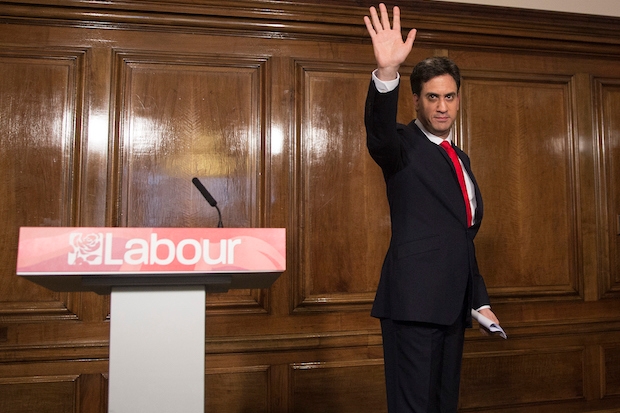The British Election Study is continuing to dig into why the pollsters called the general election incorrectly. Its latest batch of research suggests that the theories of a late swing to the Tories, a shift in the ‘don’t knows’ or ‘Shy Tories’ emerging on polling day may not hold the answer. Instead, the BES’s evidence suggests that ‘lazy Labour’ voters were a significant factor — i.e. those who said they would vote Labour in surveys, but didn’t turn out on polling day.
The BES explains: ‘Labour lead among unlikely voters grew hugely between 2010 and 2015, suggesting that differential turnout is an important factor in explaining the polling miss: considerably fewer of those saying they were going to vote Labour are likely to have actually turned out to vote’. This chart below shows the difference between the 2010 and 2015 elections of the likelihood of Labour voters to turn out. As you can see, the probability of Labour supporters voting dropped significantly, which may explain why the pollsters got it wrong:

If the chief culprit of the polling disaster was the turnout weightings, this is something the pollsters can take into account for the future. The BES is continuing its research but the findings so far suggest that this difference in party turnouts, as well as problems with sampling and weighting, are to blame for the pollster’s miscalculations.
If ‘lazy Labour’ voters do turn out to be main factor behind the Tories’ victory, it poses the big question for Labour of why didn’t those voters turn out, or indeed whether it placed too much confidence in voters who were clearly not going to turn out. Instead of worrying about what the party is doing over the next eight weeks of opposition, it is this sort of question that should dominating the Labour leadership contest.






Comments